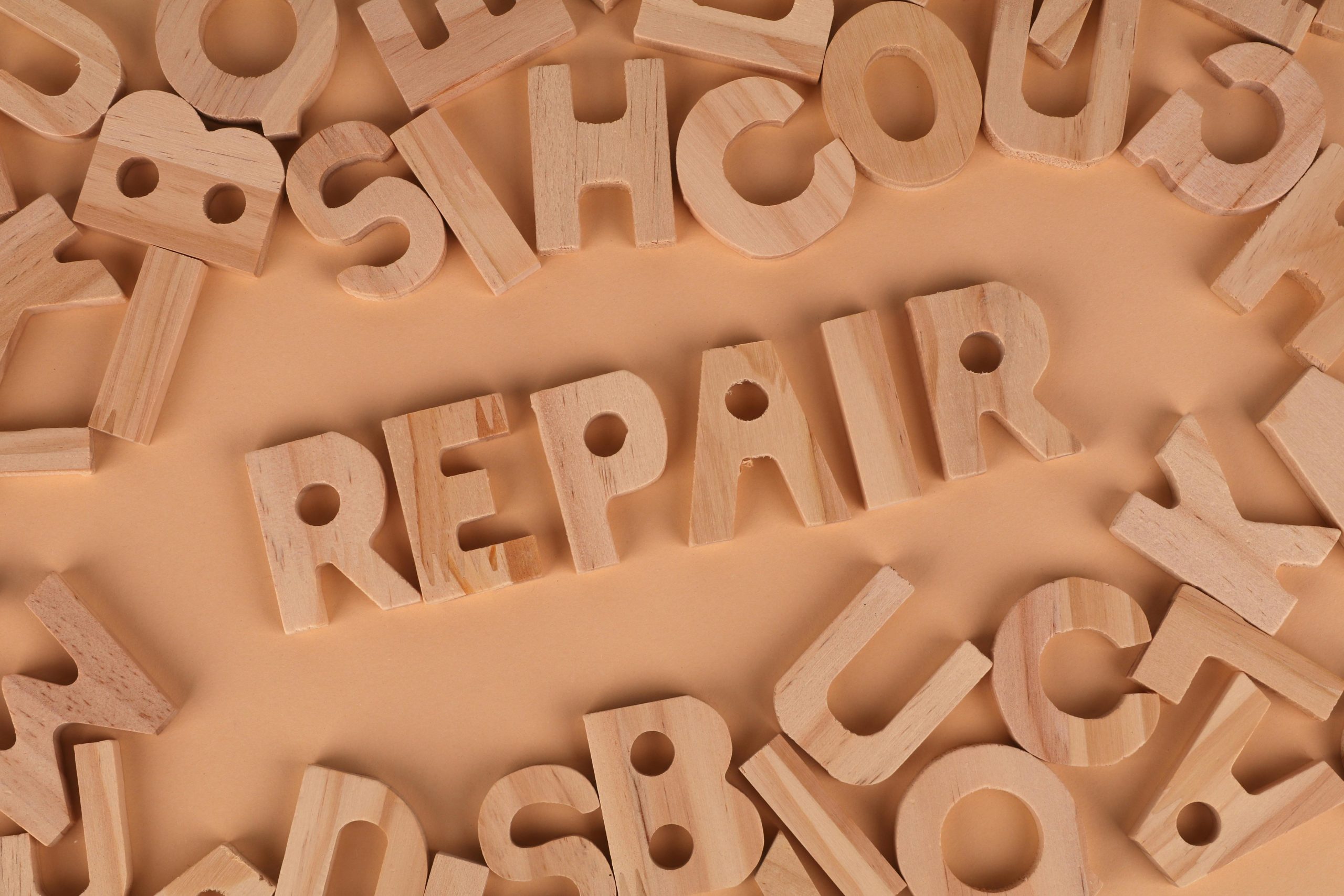
While preventative maintenance minimizes rental unit repairs, property damage will inevitably occur. At a minimum, landlords must ensure their rental units are safe and habitable. Yet, many leases and laws invoke a higher standard.
So, when a tenant submits a repair request, how quickly must a landlord handle it? Unfortunately, no blanket response covers all instances since timing repairs appropriately depends on multiple factors.
The property’s location. Each state and city may have specific regulations regarding the speed of rental property repairs. Some municipalities have broad guidelines, while others specify requirements in exact detail. Familiarity with the state laws and local health and building codes will ensure you stay in compliance
The source of the problem. In some cases, if the tenant caused the damage, the tenant may also be liable for repairs. Tenants typically aren’t responsible for everyday wear and tear like rusty faucets or faded blinds. However, when tenants or their pets cause large carpet stains or holes in the walls, the tenant must usually repair or pay for the damage.
The nature of the issue. Generally, the more serious the damage is, the more rapid repairs must occur. For minor inconveniences like broken dishwashers, torn screens, or dripping faucets, the landlord may have up to 30 days to resolve the problem. However, for critical issues that affect tenants’ safety (power and water outages or broken smoke or carbon monoxide detectors), landlords must typically act within 24 hours.
State laws offer renters several options if repairs are outside the specified timeframes. Renters may withhold rent, make the repairs themselves and deduct the cost from future rental payments, report the landlord to local authorities, or even break their lease and move out. Lease provisions that specify landlord and tenant responsibilities and repair timelines can mitigate frustration and misunderstandings. Just be sure your lease complies with local regulations.
Regardless of laws and lease terms, responding promptly to maintenance requests is in your best interest. Tenants who feel their concerns are taken seriously will stay longer, resulting in less turnover and a better landlord-tenant relationship. They’ll also be more inclined to report issues in the future, helping keep your property well-maintained. After all, making smaller, more regular repairs will minimize your need for major repairs down the road.
About Rentals America
Rentals America provides full-service property management for residential rental properties. Our team is completely dedicated to property management, and we’re here to help landlords navigate the rental market.









